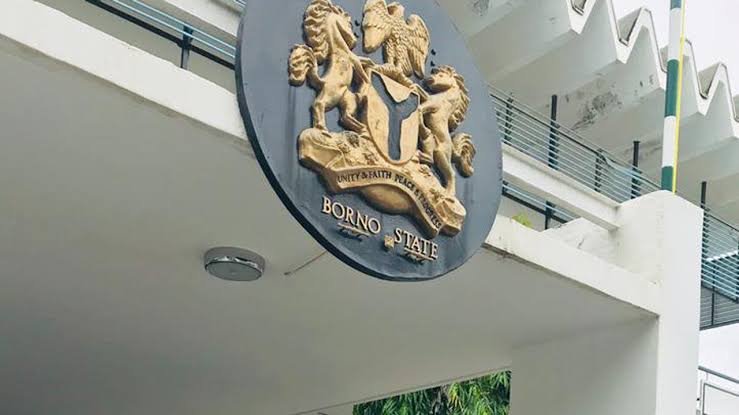Washington, U.S. – President-elect Donald Trump has petitioned the U.S. Supreme Court to postpone the implementation of a controversial law that mandates TikTok’s sale or faces a nationwide ban.
The law, enacted by Congress in April, gives TikTok’s Chinese parent company, ByteDance, until January 19, 2025, to divest the platform to an American entity. If compliance is not achieved, TikTok, which boasts over 170 million U.S. users, could be effectively banned the day before Trump assumes office.
The Supreme Court is set to hear arguments in the case on January 10. Trump’s legal team, led by D. John Sauer—his pick for solicitor general—argues that delaying the ban would allow his administration time to negotiate a “political resolution” to the issue.
“President Trump takes no position on the underlying merits of this dispute,” Sauer said in the filing. “Instead, he respectfully requests that the Court consider staying the Act’s deadline… permitting President Trump’s incoming administration the opportunity to pursue a political resolution.”
TikTok’s Position
TikTok and ByteDance have challenged the law, seeking to have it overturned. They maintain that their content recommendation systems and U.S. user data are securely stored in the United States on Oracle-operated servers. TikTok has also emphasized that content moderation decisions for American users are made domestically.
Trump’s Reversal on TikTok
Trump’s current position marks a stark reversal from 2020 when his administration sought to ban TikTok over national security concerns stemming from its Chinese ownership. During his presidential campaign, Trump acknowledged TikTok’s role in engaging with millions of voters, reportedly receiving billions of views on the platform. In December, he met with TikTok CEO Shou Zi Chew, expressing a newfound “warm spot” for the app and signalling a willingness to allow it to operate temporarily.
National Security Concerns and Legal Battles
The U.S. Justice Department and a bipartisan majority in Congress assert that TikTok’s Chinese ownership poses a continuing threat to national security, citing concerns over potential data misuse and influence on American users. Supporting this stance, Montana Attorney General Austin Knudsen led a coalition of 22 attorneys general in filing an amicus brief urging the Supreme Court to uphold the law.
However, free speech advocates have criticized the legislation, likening it to censorship seen in authoritarian regimes. They argue that banning TikTok infringes on Americans’ rights to access information and express themselves freely.
Implications and Future Developments
If the Supreme Court rules against TikTok and no divestment occurs, the platform faces a potential ban in the United States. The decision will also set a precedent for balancing national security concerns with free speech and corporate autonomy in the digital age.
TikTok has yet to comment on Trump’s filing, and the outcome of the case could shape the trajectory of U.S.-China tech relations under the Trump administration.




